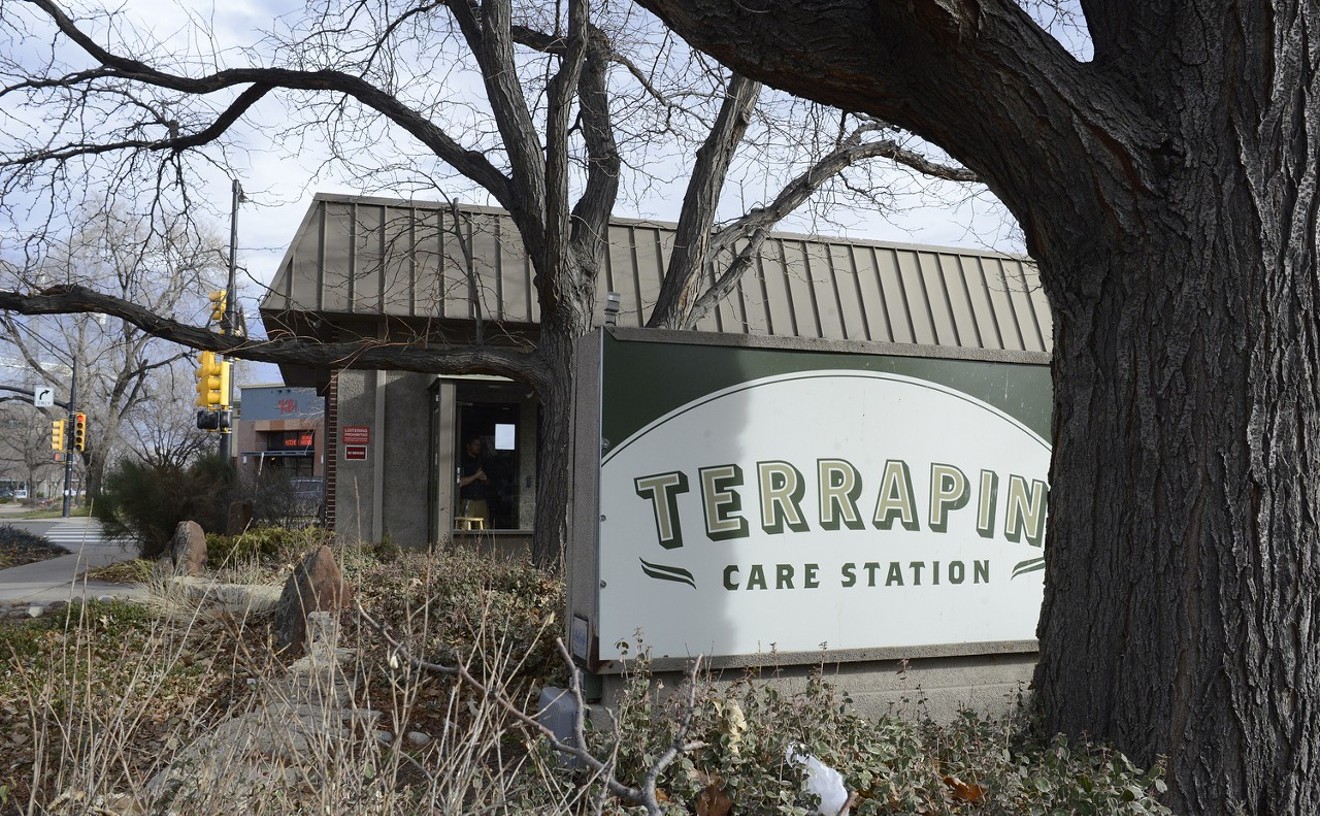On July 15, 2015, the Colorado Board of Health rejected a petition to add post-traumatic stress disorder as a medical marijuana condition, to the vocal dismay of a packed room of veterans and medical marijuana patients. Fast-forward four years, and not only is PTSD now an approved medical condition, but the board is preparing to usher in one of the most expansive sets of MMJ rules that Colorado has seen in over a decade.
Because of laws passed during the recent legislative session, the board doesn't really have a choice.
Like PTSD's addition as a qualifiable medical marijuana condition in 2017, autism spectrum disorder and any condition for which opioids are prescribed gained medical marijuana treatment approval at the Colorado Legislature. In order to secure that approval, advocates used lawmakers to bypass the state's preferred way of adding new conditions, which was to petition the Colorado Department of Public Health and Environment. (The CDPHE has rejected all such attempts.)
"We're here today to propose revisions to the medical use of marijuana regulations in order to align with the following bills, which have been passed and sign by Governor Polis as a part of 2019 session," Natalie Riggins, director of the CDPHE medical marijuana registry, told the board at its July 17 meeting. "There's a lot of bills, and a lot changes."
Emboldened by the election of Jared Polis, a cannabis-friendly governor, advocates pushed the legislature this year to not only add new conditions eligible for medical marijuana, but for a law that will permit more healthcare professionals — dentists, psychiatrists, registered nurse practitioners and so on — to be able to recommend medical marijuana, and to recommend it for terms shorter than the previous one-year minimum. They also supported a proposal that will allow parents of child patients to purchase medication more easily their child's behalf.
Because of the new laws, the board held an emergency rulemaking session on July 17, to iron out some of the details and begin the implementation process. The board's membership has entirely turned over in the past four years, and this group was far more amenable to making changes.
Short-term medical marijuana cards, intended for the opioid-related conditions and other finite procedures, was the only topic that sparked discussion. Board member Ray Estacio thought that the duration of the short-term cards, currently set for a sixty-day period, could be too long for someone with pain from a dental procedure, which might just last seven days.
Anna Weaver-Hayes, who testified at the meeting on behalf of the Colorado Psychiatric Society and Children's Hospital Colorado, recommended a thirty-day period for the short-term cards, explaining that many opioid prescriptions typically last a month or less.
However, Cannabis Clinicians Colorado director Martha Montemayor explained that medical marijuana patients in parts of the Western Slope and other internet-deficient areas of the state must still apply for their cards by mail, and that can result in a several-week wait for approval by the state. "By the time they get their approval back in the mail, more than half of their recommendation could be done already," she said. "We can't forget those people."
The new rules, including the short-term card's sixty-day minimum, passed the board unanimously. But the board could still make changes at a final rulemaking session in September.
[
{
"name": "Air - MediumRectangle - Inline Content - Mobile Display Size",
"component": "12017618",
"insertPoint": "2",
"requiredCountToDisplay": "2"
},{
"name": "Editor Picks",
"component": "17242653",
"insertPoint": "4",
"requiredCountToDisplay": "1"
},{
"name": "Inline Links",
"component": "18838239",
"insertPoint": "8th",
"startingPoint": 8,
"requiredCountToDisplay": "7",
"maxInsertions": 25
},{
"name": "Air - MediumRectangle - Combo - Inline Content",
"component": "17261320",
"insertPoint": "8th",
"startingPoint": 8,
"requiredCountToDisplay": "7",
"maxInsertions": 25
},{
"name": "Inline Links",
"component": "18838239",
"insertPoint": "8th",
"startingPoint": 12,
"requiredCountToDisplay": "11",
"maxInsertions": 25
},{
"name": "Air - Leaderboard Tower - Combo - Inline Content",
"component": "17261321",
"insertPoint": "8th",
"startingPoint": 12,
"requiredCountToDisplay": "11",
"maxInsertions": 25
}
]












